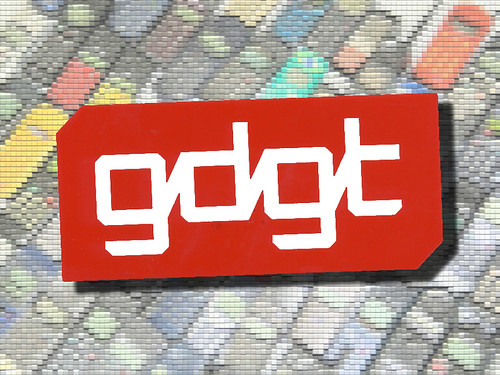
I've been thinking about doing a series of blog post about software and people a head of the curve, so here's number one of many.
I got talking to Dj Adams at a recent Manchester Geekup. Dj Adams is one of those guys who I followed like jon udell and when I was getting into web development and xml. One of the things we talked about was a piece of software called Zoe.
Zoe is a web based e-mail client with a built in SMTP server and Google-like search functionality that lives on your desktop. Zoe is written in java and uses Lucene technology to provided instant searching and threading of your e-mails.
Zoe was a very interesting project but dropped development a few years ago. Looking back on it, there was some guiding principles/concepts which were ahead of the curve. Dj Adams in his blog post talks about Twitter's killer feature, Everything has a URL
.
and everything is available via the lingua franca of today’s interconnected systems — HTTP. Timelines (message groupings) have URLs. Message producers and consumers have URLs. Crucially, individual messages have URLs (this is why I could refer to a particular tweet at the start of this post). All the moving parts of this microblogging mechanism are first class citizens on the web. Twitter exposes message data as feeds, too.
Even Twitter’s API, while not entirely RESTful, is certainly facing in the right direction, exposing information and functionality via simple URLs and readily consumable formats (XML, JSON). The simplest thing that could possibly work usually does, enabling the “small pieces, loosely joined” approach that lets you pipeline the web,
Zoe had this feature, now admittedly Zoe was meant to be run locally and not on a public server (there were little or no controls for privacy, it relies on other stack elements like https and certs to do that.) but it was great because every email had a addressable url. Searches and RSS also benefited from having urls which was great. At the time, this wasn't even mentioned as a feature and that might have been because one the focus was on googling email (this is pre-gmail too) and two because the urls were pretty damm ugly. If I understood Java, I would rewrite this part of the application and give it nice clean urls.
Zoe was well ahead of the curve and we're still not even there yet. Stowe Boyd got me thinking about Gabriel García Márquez's quote Everyone has three lives: a public life, a private life, and a secret life
. I like the idea that I can sometimes share some aspects of my inbox with other people. I also like the idea of being able to delicious some of the stuff I get sent. There are lots of issues around permanence, but of Zoe us just pointing the way. I can see Google adding permalinks to Gmail in the future but there needs to be a killer reason for the change. Right now I can't quite work out exactly what that is/will be.
Comments [Comments]
Trackbacks [0]





